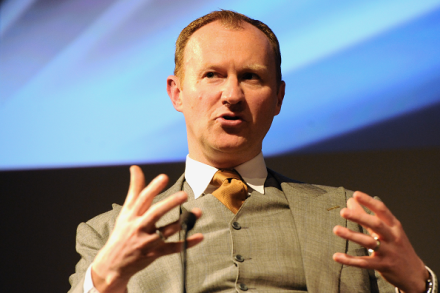Stolen Kisses
This elfin child was taken into care, And maintenance devolved upon the State. His whimpering mother was inadequate, His father vanished into empty air. Life came unfurnished – nobody was there To dress his wounds and make the pain abate. It was too much to ask and far too late To find another mother anywhere. His scars healed up, his head was cleared of lice, His shorts stayed clean, his nose stopped dripping snot, But life to him was what he had not got, And certain of his habits were not nice. He was a ticking clock about to strike. Nobody liked him. What was there to like?
















